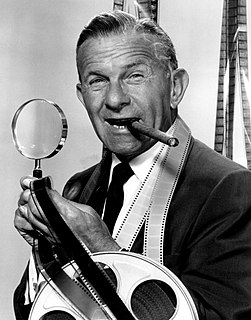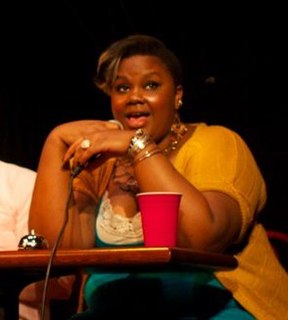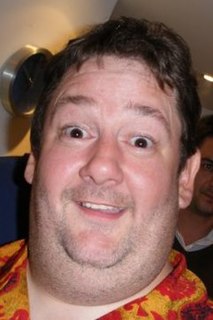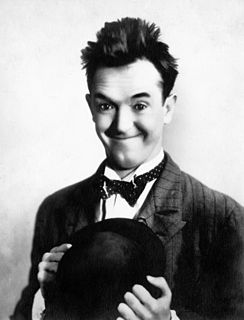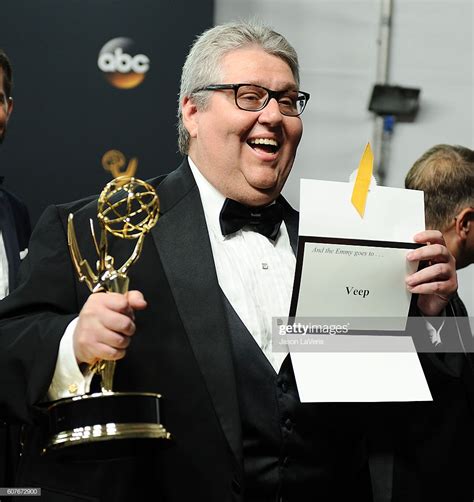A Quote by Rob Beckett
Comedy isn't subjective like music. You either get the laughs or you don't.
Related Quotes
When you watch an audience watching my movies, you realize that nobody laughs at the same time. Some people enjoy a beat, and then another group of people are laughing at a sight gag, and then someone laughs where nobody laughs before. They're not timed like a comedy. You're not supposed to laugh at every joke. You decide.
The problem is one of opposition between subjective and objective points of view. There is a tendency to seek an objective account of everything before admitting its reality. But often what appears to a more subjective point of view cannot be accounted for in this way. So either the objective conception of the world is incomplete, or the subjective involves illusions that should be rejected.
When you do comedy, the audience is not your boss. They are your collaborators and when you collaborate with someone you don't have to listen to everything they think or say. Sometimes you're not getting the laughs you want or at the place you want but that doesn't mean it's not funny. It means you haven't explored it enough. I'll get laughs in the places I don't want them and that makes me realize the direction I want to go in.



